Autotrophs: Understanding the Self-Feeders of the Living World
In the grand scheme of life on Earth, autotrophs play a crucial role as the primary producers of energy. These self-feeders are organisms that have the remarkable ability to synthesize organic compounds from simple inorganic substances, such as carbon dioxide and water, using energy from sunlight or inorganic chemical reactions. This process, known as photosynthesis or chemosynthesis, forms the foundation of the food chain and sustains life on our planet.
Types of Autotrophs
There are two main types of autotrophs:
- Photoautotrophs: These organisms utilize sunlight to carry out photosynthesis. Examples include plants, algae, and some bacteria.
- Chemoautotrophs: In contrast, chemoautotrophs obtain energy from inorganic chemical reactions, such as those involving sulfur or methane. Certain bacteria and archaea fall into this category.
Key Concepts to Master
As you delve into the world of autotrophs, it's essential to grasp the following concepts:
- The process of photosynthesis and its chemical equation: 6CO2 + 6H2O + light energy → C6H12O6 + 6O2
- The role of chlorophyll in capturing light energy during photosynthesis
- The importance of autotrophs in providing energy for heterotrophs and sustaining ecosystems
- The adaptations of different autotrophs to their respective environments, such as the specialized structures of leaves in plants for efficient photosynthesis
Study Guide
To solidify your understanding of autotrophs, consider the following study guide:
- Research and create a visual representation of the different types of autotrophs, highlighting their unique features and habitats.
- Conduct experiments to demonstrate the process of photosynthesis, including the factors that affect its rate, such as light intensity and carbon dioxide concentration.
- Explore the interdependence between autotrophs and heterotrophs within an ecosystem, and construct a food web to illustrate these relationships.
- Investigate the adaptations of specific autotrophs to extreme environments, such as the ability of certain bacteria to thrive near deep-sea hydrothermal vents through chemoautotrophic processes.
By mastering the intricate workings of autotrophs, you'll gain a deeper appreciation for the fundamental role they play in sustaining life and shaping the diverse ecosystems that make up our world.
[Autotrophs] Related Worksheets and Study Guides:
.◂Science Worksheets and Study Guides Seventh Grade. Cell Processes
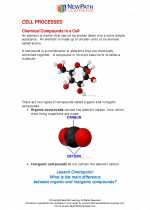
 Activity Lesson
Activity Lesson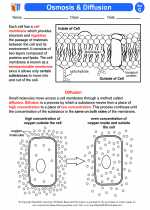
 Worksheet/Answer key
Worksheet/Answer key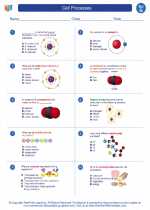
 Worksheet/Answer key
Worksheet/Answer key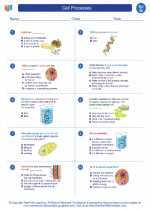
 Worksheet/Answer key
Worksheet/Answer key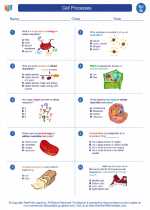
 Worksheet/Answer key
Worksheet/Answer key
 Vocabulary/Answer key
Vocabulary/Answer key
 Vocabulary/Answer key
Vocabulary/Answer key
 Vocabulary/Answer key
Vocabulary/Answer key
 Vocabulary/Answer key
Vocabulary/Answer key
 Vocabulary/Answer key
Vocabulary/Answer key
 Vocabulary/Answer key
Vocabulary/Answer key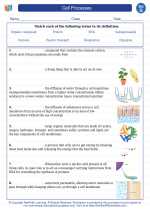
 Vocabulary/Answer key
Vocabulary/Answer key
